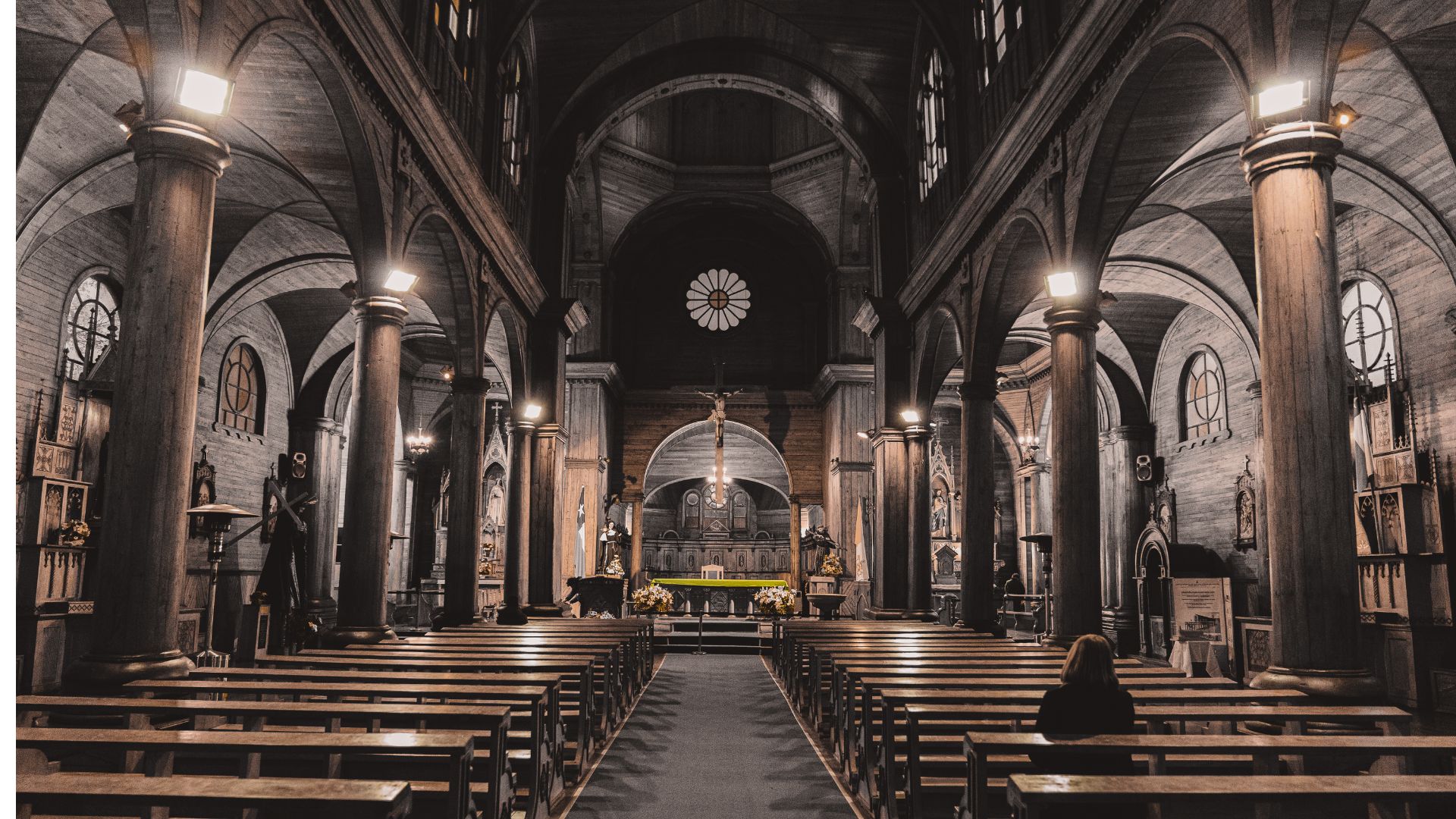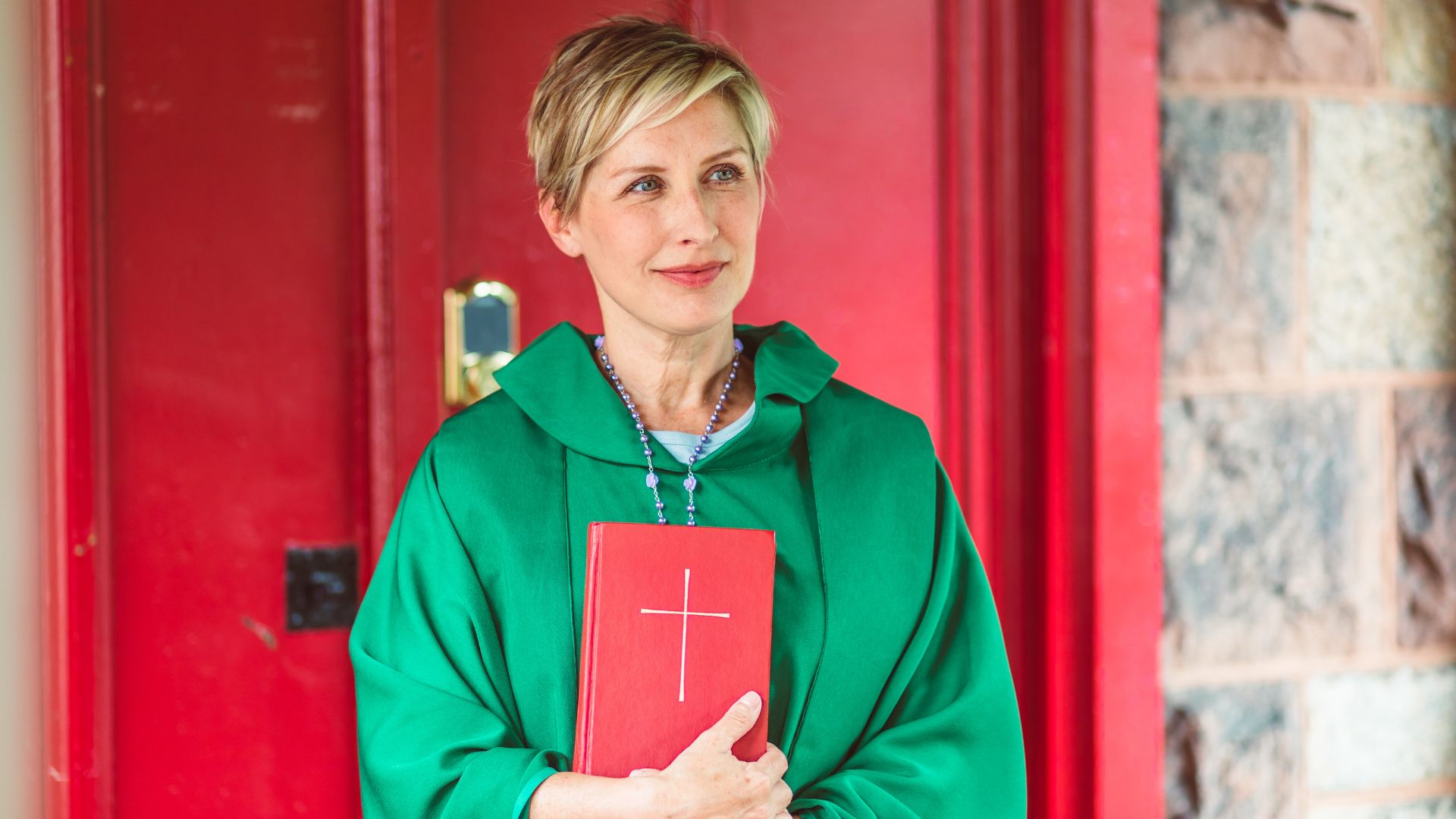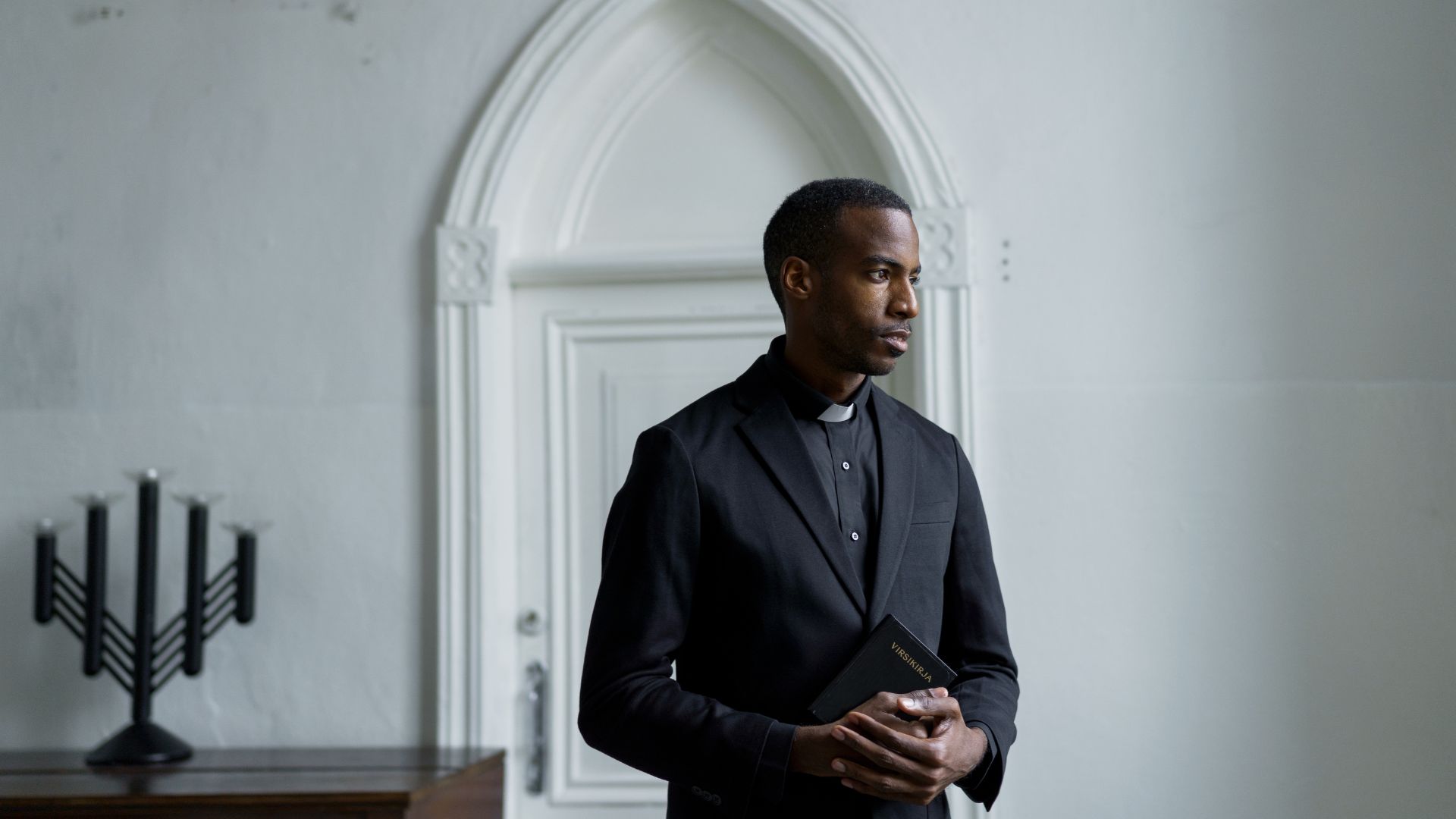The quest for a deeper understanding of the divine, a profound connection with the spiritual realm, and an exploration of the profound questions of existence have driven humanity’s pursuit of theology for centuries.
For those seeking to delve into the intricate realms of faith, philosophy, and spirituality, pursuing a master’s degree in theology can be a transformative journey. With countless options available, it can be challenging to discern the best programs that will provide the knowledge and skills necessary to excel in this field.
In this comprehensive review, we have meticulously examined and evaluated the 11 Best Masters in Theology programs, taking into account factors such as academic reputation, faculty expertise, curriculum, and the overall learning experience.
The Significance of Choosing the Right Program
Before delving into the specifics of these esteemed institutions, it is essential to recognize the profound impact that choosing the right theology program can have on one’s academic and spiritual growth. This decision is akin to selecting the vessel that will carry you on your spiritual voyage, and thus, it merits careful consideration.
Theology is not a subject to be taken lightly; it’s a sacred quest that requires dedication, intellectual rigor, and a profound sense of purpose. The program you choose should align with your theological aspirations and your calling to serve a higher purpose.
It should be more than an educational institution; it should be a spiritual home where you can nurture your faith, deepen your understanding of theology, and prepare for a meaningful vocation in ministry.
Now, let’s embark on this enlightening journey as we explore the 11 best Masters in Theology programs, each with its unique attributes and offerings.
Best Masters In Theology Programs
The pursuit of a master’s degree in theology is a profound and spiritually enriching journey that beckons those who seek a deeper understanding of their faith and a more profound connection with the divine.
It is a path illuminated by the wisdom of ages, a journey that transcends mere academic pursuits and opens doors to profound spiritual insights. In this article, we embark on a comprehensive exploration of the 11 Best Masters in Theology Programs, each a beacon of knowledge and a sanctuary for those passionate about theology.
1. Harvard Divinity School
Harvard Divinity School stands as a citadel of academic excellence, where the pursuit of theological knowledge is elevated to its highest form. Within its hallowed halls, students can enroll in the Master of Divinity program, a transformative journey that prepares individuals for a myriad of vocations in ministry.
At the core of this program lies an emphasis on critical thinking and interdisciplinary approaches to theology. Here, students do not merely absorb knowledge; they engage with it, challenging their beliefs, and forging a deeper connection with the divine. It is a holistic experience where academic rigor and spiritual growth intertwine seamlessly.
2. Princeton Theological Seminary
Princeton Theological Seminary, steeped in the Reformed theological tradition, is a beacon for those seeking rigorous academic standards and a profound sense of community. Its Master of Divinity program is a blend of classical theological education and practical ministry experience.
Faculty expertise serves as a guiding light for students, illuminating the path of theological exploration. In this close-knit community, individuals are nurtured and equipped to carry their newfound wisdom into the world.
3. Yale Divinity School
Yale Divinity School offers a unique opportunity for those who wish to pursue a Master of Divinity degree that nurtures both intellectual and spiritual growth. What sets it apart is its unwavering commitment to interdisciplinary studies and interfaith dialogue, creating an environment where theological boundaries are transcended.
What makes Yale Divinity School unique?
- Yale’s extensive library resources, housing rare theological manuscripts, are a treasure trove for scholars.
- The opportunity for interfaith engagement allows students to explore different religious traditions, fostering a broader perspective.
- A focal point on social justice and ethical theology encourages individuals to seek meaningful change in the world.
4. Duke Divinity School
Duke Divinity School beckons those who yearn for a Master of Divinity program that marries rigorous academics with practical ministry and community engagement. Rooted in the Wesleyan tradition, this institution embraces ecumenical outreach as a cornerstone of its mission.
5. Fuller Theological Seminary
Fuller Theological Seminary stands as a hub of diverse theological thought and practice. Within its Master of Divinity program, students are encouraged to engage with global Christianity and select specialized tracks that align with their interests.
6. Boston University School of Theology
In the heart of an urban setting, Boston University School of Theology equips students with a robust theological foundation while nurturing a fervent commitment to social justice. This unique combination makes it an enticing option for those who seek to weave their faith into the fabric of societal change.
How does the Boston University School of Theology promote social justice?
- Extensive community service programs provide practical outlets for students to make a difference.
- Collaborative efforts with local organizations empower individuals to address pressing social issues.
- Theological reflection is not confined to the classroom; it extends to engaging with and seeking solutions to societal concerns.
7. Emory University – Candler School of Theology
Located in the vibrant city of Atlanta, Candler School of Theology offers a Master of Divinity program that seamlessly blends academic rigor with practical ministry experiences. Its diverse and inclusive community fosters theological dialogue and personal growth.
8. Vanderbilt Divinity School
Vanderbilt Divinity School encourages students to explore their faith while actively engaging with pressing social issues. This commitment to inclusivity and social justice is reflected not only in the curriculum but also in the vibrant community life that thrives within its walls.
9. University of Notre Dame – Department of Theology
The University of Notre Dame stands as a beacon of Catholic theology. Its unique Master of Theological Studies program welcomes students from diverse traditions, offering them the opportunity to delve deeply into theological inquiry.
What sets the University of Notre Dame apart?
- Renowned faculty members bring expertise in various theological fields, providing students with an unmatched depth of knowledge.
- Opportunities for theological research and publication enable students to contribute to the ongoing theological discourse.
- A vibrant faith community on campus fosters spiritual growth and connection.
10. Union Theological Seminary
In the heart of New York City, Union Theological Seminary invites students into a Master of Divinity program that fuses theological education with a fervent commitment to social justice and activism. It’s a place where faith finds expression through meaningful action.
11. Wheaton College Graduate School
Wheaton College Graduate School offers a unique perspective through its Master of Arts in Biblical Exegesis program. Here, the focus is on biblical studies and theological interpretation, making it an excellent choice for those seeking a profound understanding of Scripture.
Frequently Asked Questions ( FAQs )
1. What Are the Typical Admission Requirements for Master’s in Theology Programs?
Admission requirements for Master’s in Theology programs can vary by institution, but there are some common prerequisites. Generally, you will need a bachelor’s degree from an accredited institution. Some programs may specify a minimum GPA requirement.
Additionally, you may be required to submit letters of recommendation, a statement of purpose explaining your theological interests and goals, and standardized test scores like the GRE or MAT. Some programs may also conduct interviews as part of the selection process. It’s essential to check the specific requirements for each program you’re interested in to ensure you meet their criteria.
2. How Long Does It Typically Take to Complete a Master’s in Theology Program?
The duration of a Master’s in Theology program can vary depending on the institution and whether you are attending full-time or part-time. In most cases, a full-time student can complete the program in two to three years.
Part-time options are often available for those who wish to balance their studies with other commitments, and these programs may take longer to complete. Some institutions also offer accelerated or intensive programs that can be completed in a shorter timeframe. It’s essential to review the specific program’s curriculum and duration to determine which option aligns with your needs and schedule.
3. Can I Pursue a Master’s in Theology if I Come from a Different Religious Background?
Yes, many Master’s in Theology programs are open to students from diverse religious backgrounds or even those with no formal religious affiliation. These programs often aim to foster an inclusive and intellectually diverse learning environment. While some institutions may have a specific theological tradition or focus, many welcome students from various faith traditions or perspectives.
It’s essential to research the program’s religious affiliation and course offerings to ensure they align with your interests and goals. Additionally, you may find that programs with a broader interfaith or interdisciplinary approach are particularly accommodating to students from different backgrounds.
Conclusion
In closing, the journey to choose the right Master’s in Theology program is a sacred pilgrimage. Each of these 11 programs holds a unique lantern, illuminating the path toward a deeper understanding of faith and a meaningful vocation in ministry.
As you contemplate your choice, remember to seek guidance through prayer and consultation with mentors and spiritual advisors.
Your theological aspirations will find their home, and your calling to serve the divine purpose will be nurtured within the walls of the institution that resonates most with your soul.
May your theological journey be both academically enriching and spiritually fulfilling, as you embark on the noble quest of deepening your connection with the divine and sharing the light of wisdom with the world.





